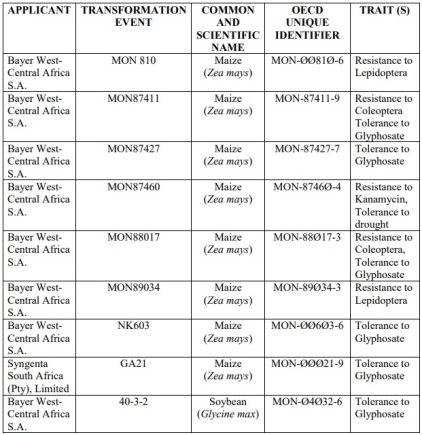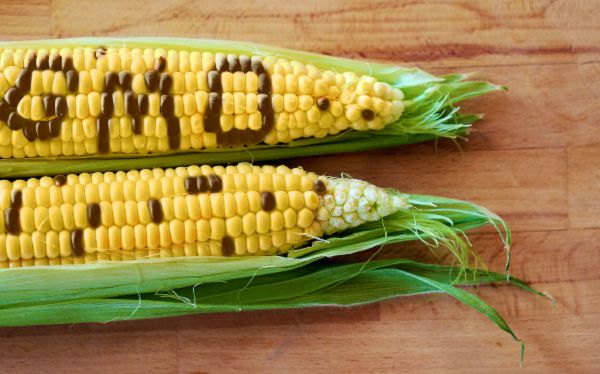The Ghana National Biosafety Authority (NBA) has approved the commercialization of 14 novel genetically modified (GM) products, comprising eight maize and six soybean products.
This decision marks a significant milestone in the country’s strategic utilization of biotechnology to enhance its agricultural sector, catering to local food demands, nutrition requirements, and potential exports.
The NBA’s approval extends to the use of these GM products in various sectors, including food, feed, and industrial applications, underlining the versatility and potential impact of these advancements. This move aligns with Ghana’s broader agenda to harness biotechnology responsibly for sustainable agricultural development and economic growth.
Notably, this latest decision follows a previous milestone in 2022 when the NBA authorized the environmental release of GM cowpea resistant to the destructive Maruca pod borer. This pest, known to ravage over 50 percent of cowpea pods without control measures, presents a significant challenge to traditional farming practices. In contrast, the GM cowpea requires minimal chemical treatments, representing a promising solution for farmers and enhancing crop resilience.
A report by the United States Department of Agriculture praised Ghana for continuing “to demonstrate its conviction that proven science-based advanced technologies remain viable options in the global efforts to achieve food security in the face of various production constraints like climate change”.
“Though coming four months later than anticipated, by authorizing the commercialization of 14 new biotechnology events in late February 2024, Ghana, again made a significant stride towards lending credence to its growing popularity as a leading nation in Sub-Saharan Africa that aligns its policies with proven science. Ghana’s decision is welcomed by the global scientific community and is expected to enhance trade and impact food security positively,” the report said.
See the list of approved GMOs below;









